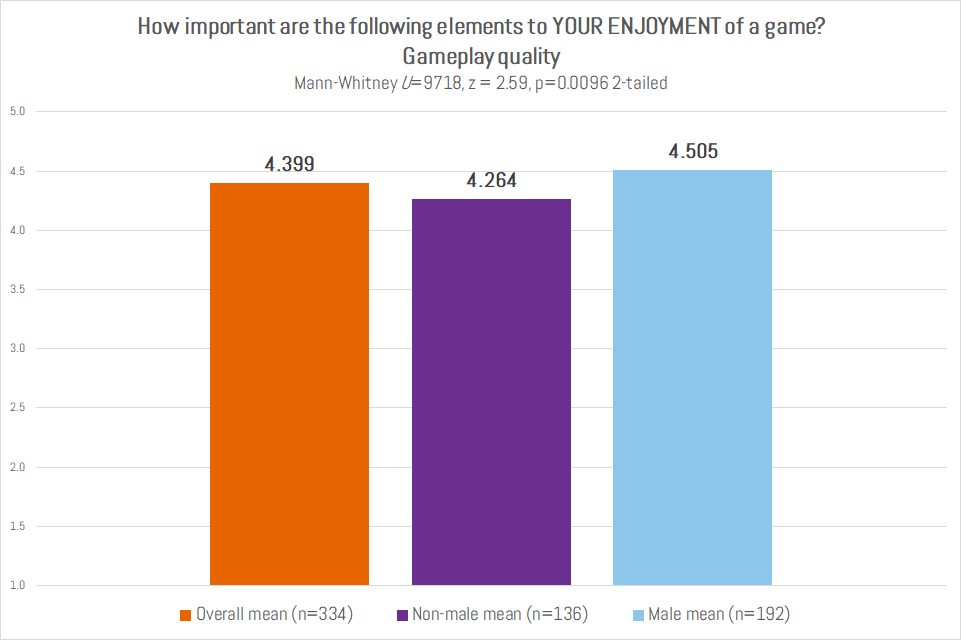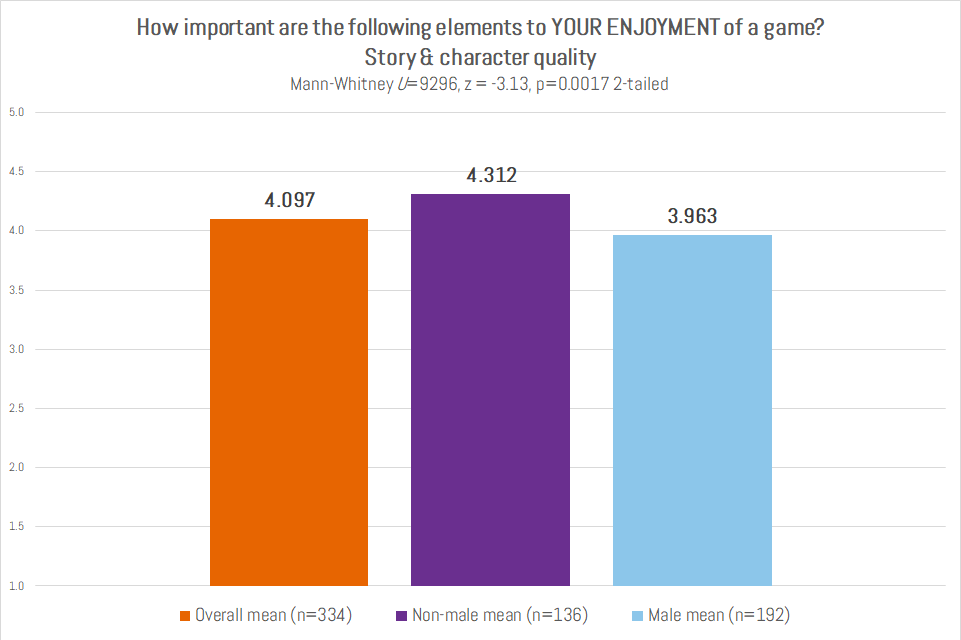By: Patrick W. Zimmerman
We have met the nerds, and they are us. The niche has become mainstream, the peripheral central, the marginalized a majority. So, is this the brave new world of multiplatform interactive entertainment, our next stage of cultural evolution?
HAH! ::blows raspberry:: I find utopia unconvincing.
Gamers are people, and, as we know, people often make poor decisions. The prejudices, assumptions, and factionalism we all embrace IRL carries over (shockingly, I know) into the world of entertainment. Ideology is expressed as myths about particular groups, dueling narratives on the wild fields of Reddit, Twitch, and Facebook. Myths help us define in-groups and out-groups as gamers create and perpetuate stories about authenticity, about who is a “real gamer,” which in turn help preserve a sense of elitism (and victimhood) in the face of decreasing marginalization. They are, in part, a reaction to the perceived dilution of the gamer community with normal people (ugh).
Haters gonna hate online, too.
The convenient thing about narratives is that they can be tested. So I did.
The question
First up on our list of gendered myths, I looked at a debate as old as time itself, a combat of depth v. dilettante, narrative v. ludology, cut scenes v action. L33t gam3rz v. n00bz.
Do women gamers really care more about stories than men do? Or, more precisely, the same question, SCIENCIFIED: What is the most important component of a game to a person’s enjoyment, and does that differ among genders?
Why start here? Because, like most politically-loaded narratives, the question about the preferences of marginalized groups (yes, women are still probably a minority of gamers) is as much a value judgement as it is a debate over game styles. Also, a simple 4-component breakdown of games (ignoring genre) is pretty doable in a 200-400 person quick sampling survey (Principally Uncertain doesn’t have a handy bag o’ 300,000 people to talk to, though if you’ve got a spare, please give us a shout).
Survey says….
The myth is….true (sorta).
Non-women do care more about stories and character development, but the oft-implied dismissive corollaries that myth is symbolic of are emphatically NOT true. Men also care about stuff other than how fast you can asplode heads, and non-men also care about how smooth and challenging a game is to play.
Essentially, men and non-men swap their #1 and #2 most important components to game enjoyment.
Detailed results
- Gameplay beat out stories & characters for the most important factor in determining a player’s enjoyment, but both are pretty damn important.
- Gender difference? – Yup, and quite a significant one. Non-males rated stories and character development quite a bit higher than did male respondents and (just barely) higher than they rated gameplay. Males, on the other hand, rated gameplay more than half a point higher than they did stories and character development.
- Graphic quality is can be technically difficult (and expensive) to achieve, and people kinda don’t care that much. While this certainly depends on the genre (sports gamers place more emphasis on accurate modeling of Section 119, Row C, Seat 6 of the Maracanã than, say most RPG players do on the strands of hair in their PCs. Most.).
- Gender difference? – Nope. p=0.1. Thanks for playing. Men and non-men are equally “meh” on the importance of graphics. Though hilarious facial rendering can still get you a lot of hate mail.
- Multiplayer probably isn’t going to be your gamechanger. Nobody really cares that much about interacting with other people. Which, seems right (c.f. almost literally any public place, where people would much rather look at their phones than another human).
- Gender difference? – Yup. Men don’t really need multiplayer to enjoy a game. Non-men really don’t feel like they need multiplayer to enjoy a game.
Methodology
I asked respondents on Facebook, Twitter, and Reddit “How important are the following elements to YOUR ENJOYMENT of a game?” which asked them to rate each of the following components on a 5-point scale (1=This is not important to me, 5=This is critically important to me).
- Stories & character development
- Gameplay
- Multiplayer interaction (face-to-face or online)
- Graphical quality
To minimize order effects, the questions were randomly presented.
I sorted the results into two groups, self-identified males and non-males (female, questioning, transgender, amused by your silly binary existence, etc), while reserving “prefer not to state” responses for the overall numbers only.
Note: award for best response goes to whoever put “Attack helicopter” as their gender. We’re treating that response as a) awesome and b) “prefer not to state, but with some style.”
I then ran t-tests ran Mann-Whitney U tests on the two segments for each question. The z-value was greater than the critical +/-2.58 (for a 2-tailed test with an alpha of 0.01) in 3 of the 4 categories, showing significant gender differences at a significance of p<0.01.
Many thanks to Katherine Zimmerman for help with the survey design and to Ash Rivas for help identifying and picking the gamer myths to be tested. Also to Serge Egelman who pointed out that a non-parametric test (like Mann-Whitney) was more appropriate, since Likert scales produce non-continuous data that we shouldn’t assume fit a normal distribution.
What’s next?
More myths! Confirmed or debunked, one of the two. If I knew ahead of time, it wouldn’t be a particularly interesting set of questions to ask, would it?
What sexist narratives are still prevalent in gamerdom? Which, conversely, have a more fearsome reputation than their percentage of followers would merit?
Myths to examine:
- Most gamers are men.
- Men tend to be more serious about gaming than non-men.
- Games targeted at non-men do not appeal to men.
- Non-men are more attracted to mobile games.
Remember, I will be focused primarily on the perception within the gamer community. Do people believe that more men are playing than non-men, rather than are more men playing (which the ESA and Quantic Foundry, among others, spend more time trying to answer).
Why focus on belief, rather than reality? Because, in addition to the obvious example that we live in a #fakenews era, perceived truths about authenticity and majority (or minority) status do much more to influence behavior around harrassment and hate speech than do empirical facts. If a group of trolls harasses a female streamer for not being hardcore enough or playing a Japanese RPG with a coherent storyline, does it particularly matter that Quantic Foundry found 67% of JRPG players were male? Nnnnooope.
Conclusion
So, yeah. Game designers, it’s nice that a pretty new game showcases your next-gen hardware and can help move units. But you should probably spend more time on the writing and mechanics. Just saying.
SCIENCE!!!






No Comments on "Gamer myth deconstruction zone: Do female gamers actually care more about stories than men do?"